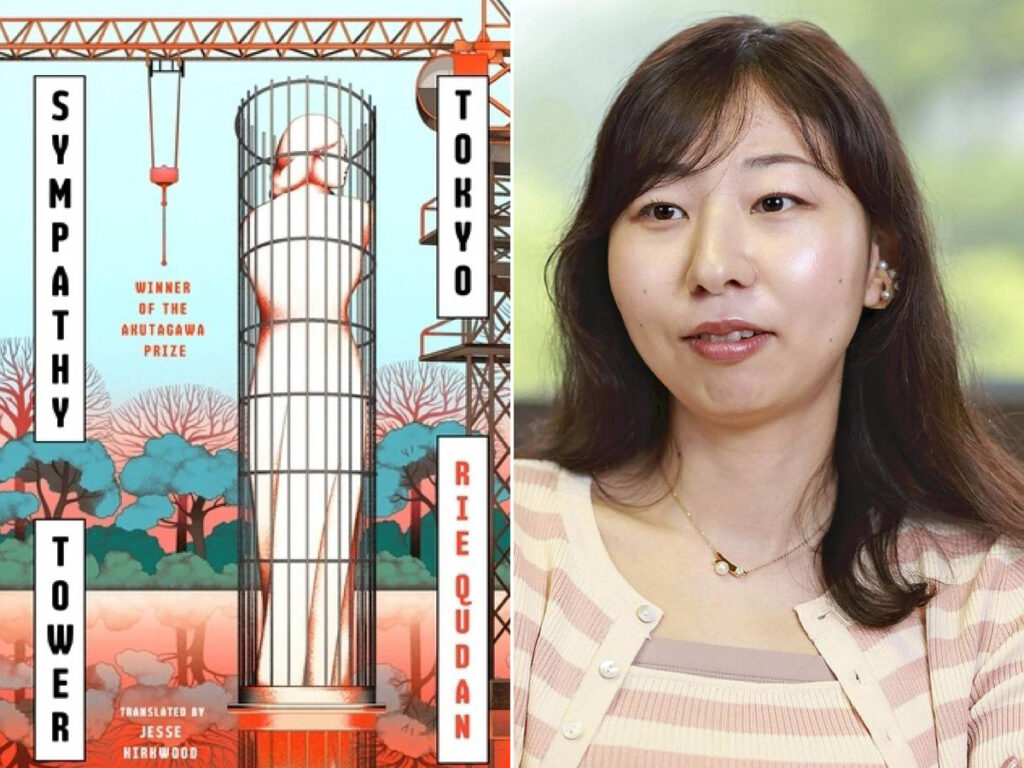34-year-old Japanese author Rie Qudan has confessed that her award-winning novel, ‘Sympathy Tower Tokyo’, was partly written with the assistance of ChatGPT, an artificial intelligence (AI) tool.
The original Japanese version of the novel was first published on January 17, 2024. The English version, translated by Jesse Kirkwood, was published on August 21, 2025, by Penguin Books.
‘Sympathy Tower Tokyo’, which won the 170th Akutagawa Prize, Japan’s most prestigious literary award, explores themes of crime, punishment, and empathy through the story of an architect designing a new prison in Tokyo.
Interestingly, however, the novel, Qudan, revealed was approximately five per cent written with assistance from AI. She added that the five per cent comprised parts of the novel which are presented as a character’s exchange with ChatGPT.
The Japanese author noted that use of AI for the novel seeks not to deceive the reader but to help them see its effects. It was reported that Qudan gained inspiration for the novel through “exchanges with AI and from the realisation that it can reflect human thought processes in interesting ways.”
Rie Qudan noted that she does not feel unhappy about her work “being used to train AI,” that even if the book is copied, she feels confident there is a part of her that will remain, which nobody can copy.
On the other hand, despite AI’s involvement in writing the novel, Qudan emphasises the irreplaceable human touch in storytelling, arguing that AI cannot yet match the depth of human authorship.
Whether AI will supplant human writers, Qudan said, “Maybe a future will come when that happens, but right now, there is no way an AI can write a novel that is better than a human author.”
Though Qudan’s ‘Sympathy Tower Tokyo’ received recognition for being written in part with ChatGPT, most readers believe it focuses on the language itself, especially how the changes of language, over the last few decades, are affecting how people act or view things.




